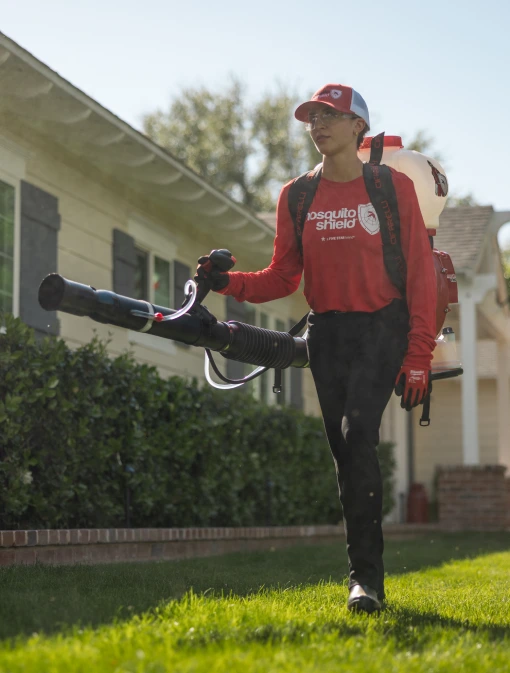Experience relaxation and peace in your Milton backyard with our proven mosquito control solution. Trusted by families in Milton, our innovative approach not only repels mosquitoes but also establishes a durable barrier customized to your outdoor environment. Mosquito Shield of North Atlanta is dedicated to creating mosquito-free zones, so you can enjoy your outdoor spaces without interruption.
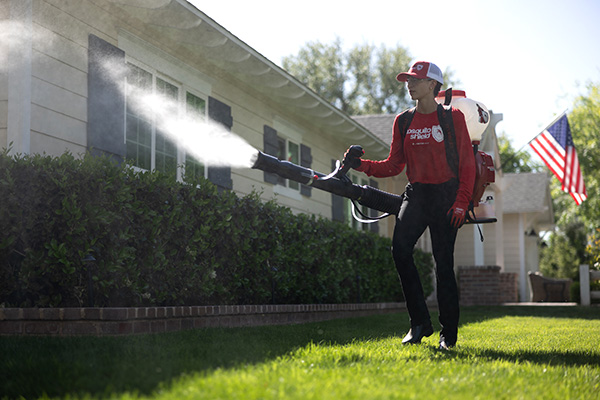
Effective mosquito control in Milton, GA, that drives mosquitoes away and keeps them out of your yard.

Enjoy mosquito-free outdoor time in Milton with treatments designed to provide lasting results.

Highly rated mosquito control services in Milton, trusted by residents to enhance outdoor living.
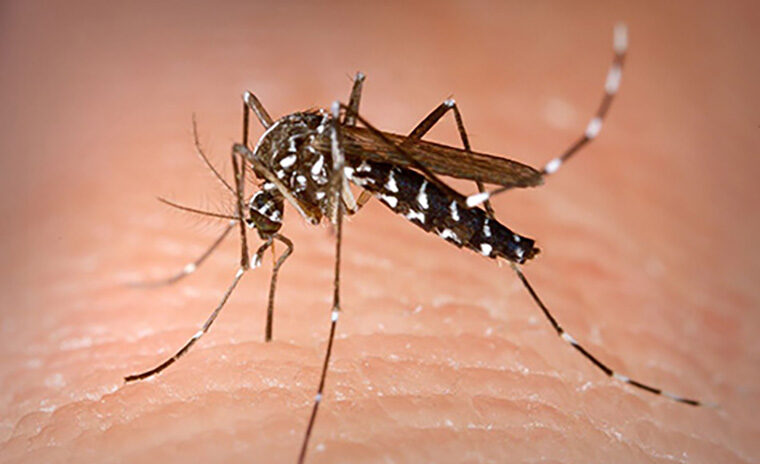
Identification: Small, black body with white leg bands and a lyre-shaped marking on the thorax.
Habitat: Common in urban areas—breeds in artificial containers like flowerpots, birdbaths, gutters, and trash cans.
Behavior: Aggressive daytime biter; prefers humans over animals.
Health Risks: Can transmit Zika, dengue, and chikungunya viruses.
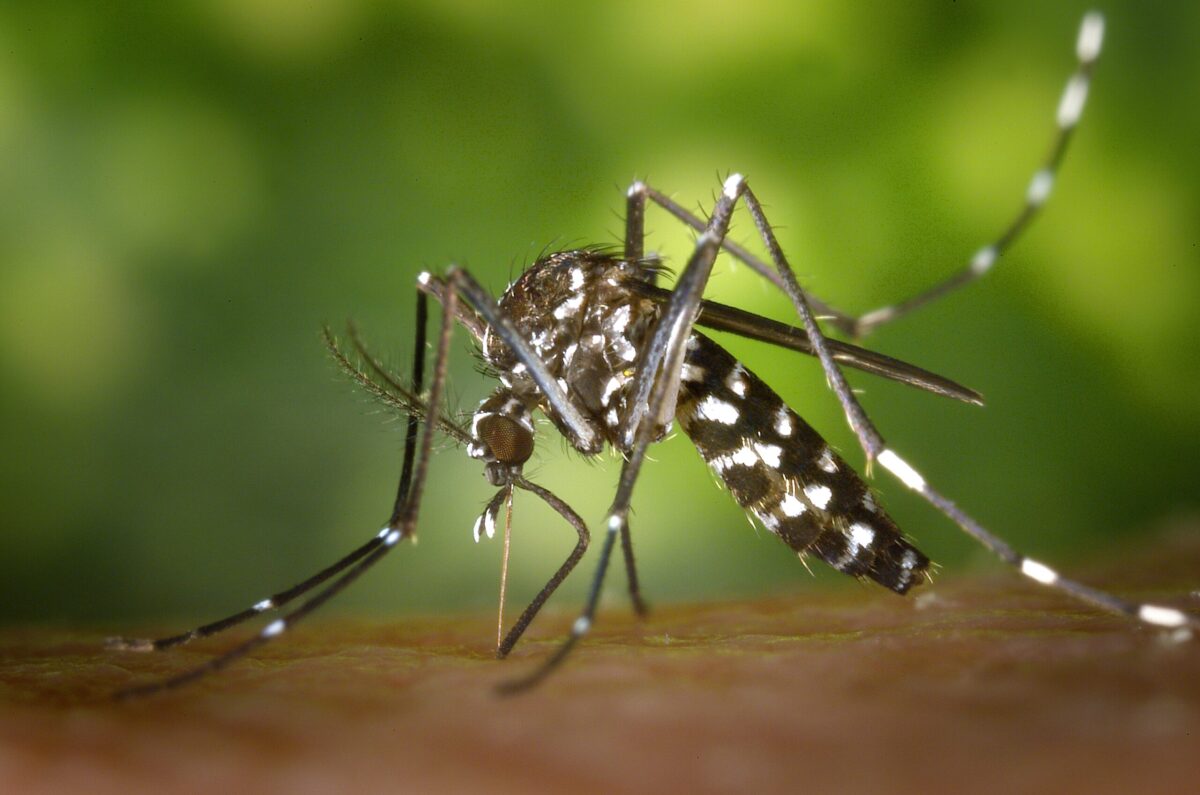
Identification: Black with a bold white stripe down the back and striped legs.
Habitat: Thrives in residential yards, shaded areas, and overwatered lawns—breeds in buckets, toys, and planters.
Behavior: Bites aggressively during the day, especially around ankles and legs.
Health Risks: Known to spread West Nile virus, Zika, and dengue.
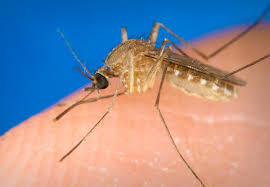
Identification: Light brown with darker bands on the abdomen.
Habitat: Found in stagnant water—storm drains, ditches, clogged gutters, and neglected pools.
Behavior: Active at night; frequently enters homes.
Health Risks: Primary vector for West Nile virus in the South.
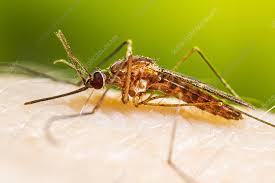
Identification: Medium-sized with four distinct dark spots on each wing; rests at an angle.
Habitat: Prefers clean, still water like ponds, marsh edges, and slow-flowing creeks.
Behavior: Most active at dawn and dusk.
Health Risks: Once a vector for malaria; currently known for itchy, persistent bites.

Milton, Georgia, is a scenic city in Fulton County, known for its rolling hills, equestrian estates, and strong sense of community. As part of the Atlanta metropolitan area, Milton offers a unique blend of rural charm and modern convenience, with outdoor attractions such as Bell Memorial Park, Birmingham Park, and the Little River Nature Preserve. However, the combination of forested landscapes, creeks, and large open spaces creates ideal conditions for mosquito and tick activity, particularly during Georgia’s warm and humid months.
Milton’s mix of expansive green spaces, equestrian trails, and residential neighborhoods provides an environment where mosquito populations can thrive.
Health concerns in Milton include mosquito-borne illnesses such as West Nile Virus and Zika Virus, as well as tick-borne diseases like Lyme disease and Rocky Mountain Spotted Fever. These risks highlight the importance of proactive pest management to ensure the safety and enjoyment of Milton’s outdoor spaces.
To address these challenges, Milton has adopted measures such as:
As a trusted mosquito control company, we work closely with Milton residents to reduce mosquito activity through proven treatments and expert guidance. Regular professional mosquito treatments, paired with community-led efforts, are essential to preserving Milton’s rural beauty and ensuring it remains a safe and enjoyable place to live, work, and explore.

The weather in Milton, Georgia, plays a significant role in seasonal mosquito and tick activity. Warm, humid summers create ideal breeding conditions for mosquitoes, particularly following rainstorms that leave standing water in low-lying areas. Ticks are most active during spring and fall, thriving in moderate temperatures and densely wooded spaces. While Milton experiences mild winters, occasional warm spells can prolong mosquito activity, making consistent pest management necessary year-round.

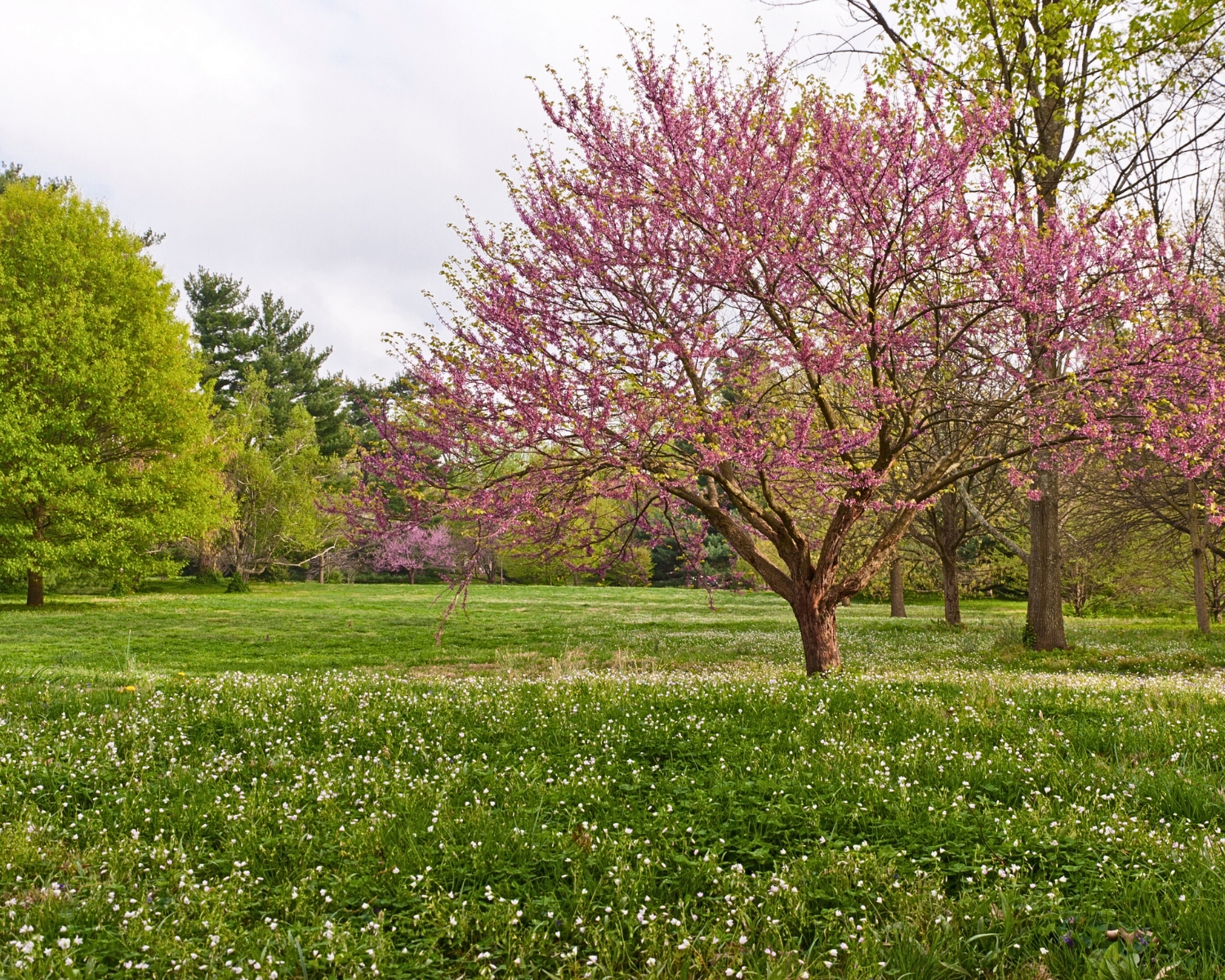
Key Activity: Season begins with rising temps and spring rainstorms.
Breeding: Flooded ditches, backyard containers, and clogged gutters quickly become breeding sites.
Common Species Active: Aedes aegypti and Culex quinquefasciatus begin appearing in residential areas.
Behavior: Increased biting during mornings and evenings.

Key Activity: Peak mosquito activity—humid, stormy weather fuels rapid breeding.
Breeding: Standing water is abundant—from birdbaths and puddles to storm drains and abandoned tires.
Common Species Active: Aedes albopictus, Aedes aegypti, and Culex quinquefasciatus dominate.
Behavior: Biting pressure is intense all day and night, especially in shaded or grassy yards.
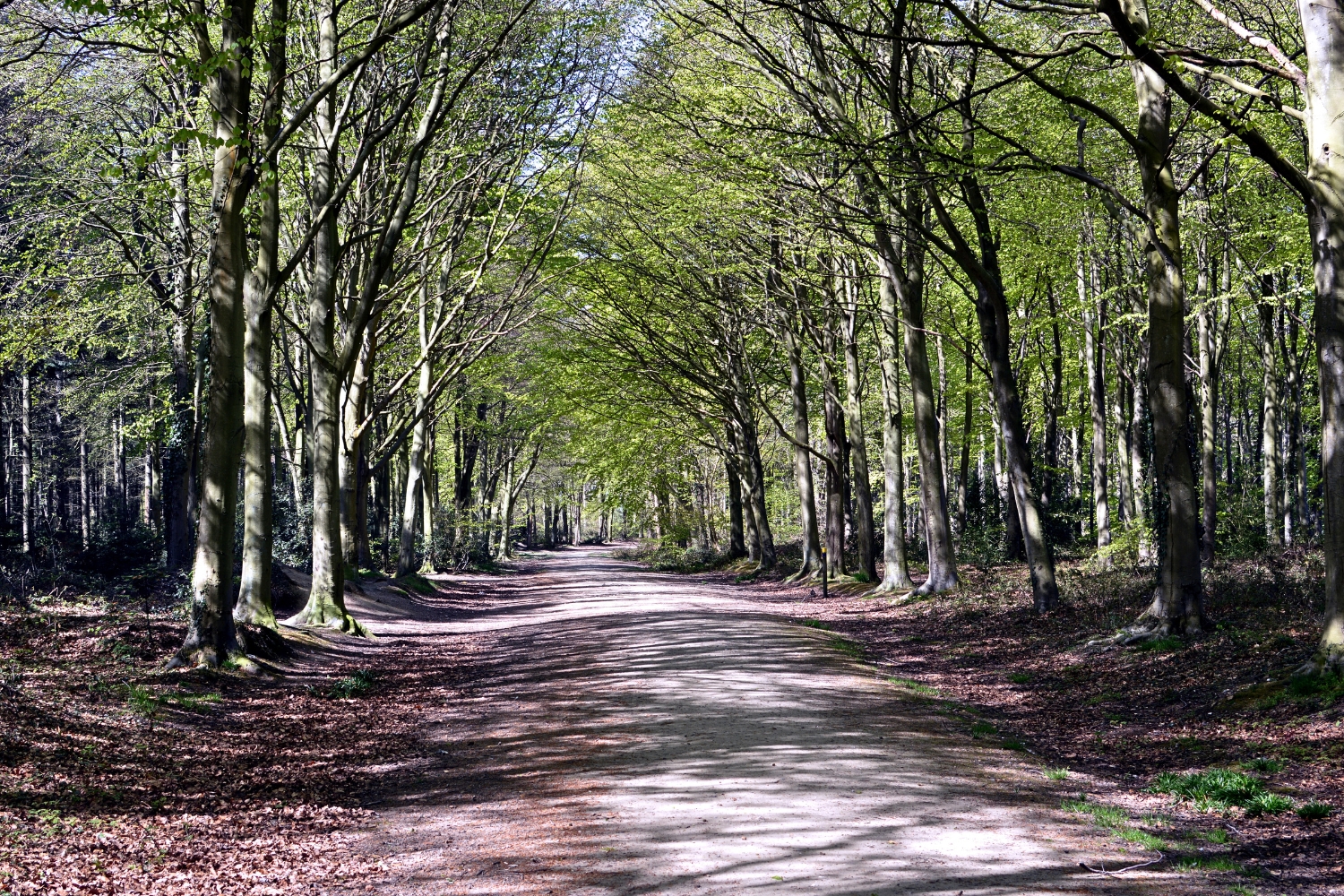
Key Activity: Mosquito activity tapers but stays present through mild fall days.
Breeding: Rainstorms and lingering yard debris hold just enough moisture to support limited breeding.
Common Species Active: Culex and Aedes species remain visible.
Behavior: Mosquitoes remain active on warmer days, particularly near wooded areas and drainage points.
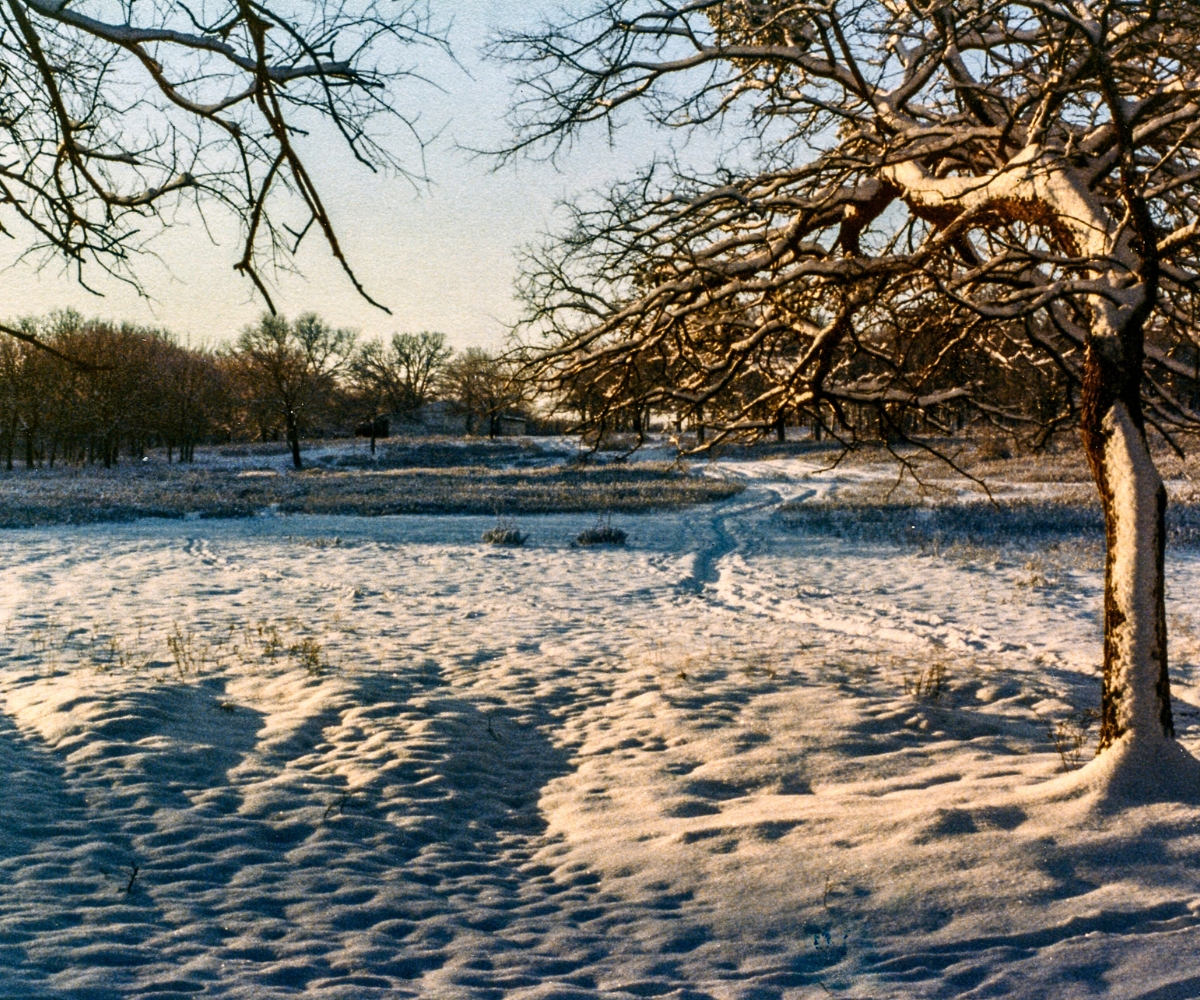
Key Activity: Mosquito populations drop, but they don’t vanish completely.
Eggs: Aedes eggs survive in dry conditions and hatch with spring warmth and rain.
Adults: Some Culex mosquitoes overwinter in sheltered areas like garages or crawlspaces.
Behavior: Unseasonably warm days can trigger short bursts of activity.
